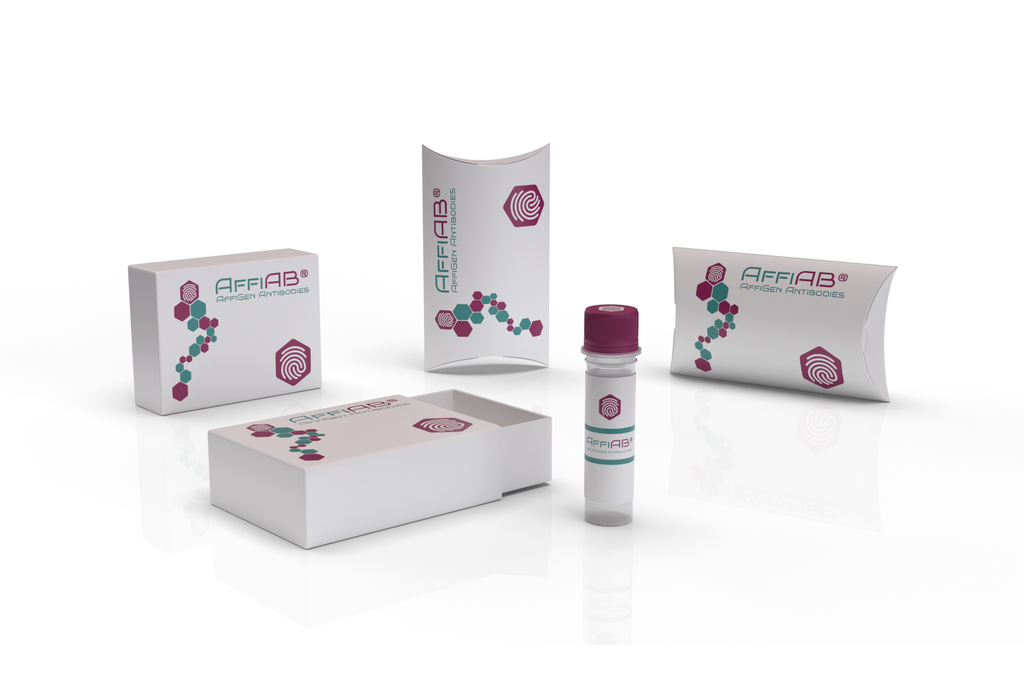AffiAB® Anti-Flt3 Antibody
Tyrosine-protein kinase that acts as cell-surface receptor for the cytokine FLT3LG and regulates differentiation, proliferation and survival of hematopoietic progenitor cells and of dendritic cells. Promotes phosphorylation of SHC1 and AKT1, and activation of the downstream effector MTOR. Promotes activation of RAS signaling and phosphorylation of downstream kinases, including MAPK1/ERK2 and/or MAPK3/ERK1. Promotes phosphorylation of FES, FER, PTPN6/SHP, PTPN11/SHP-2, PLCG1, and STAT5A and/or STAT5B. Activation of wild-type FLT3 causes only marginal activation of STAT5A or STAT5B. Mutations that cause constitutive kinase activity promote cell proliferation and resistance to apoptosis via the activation of multiple signaling pathways.
Antibody type
Rabbit polyclonal Antibody
Uniprot ID
SwissProt: P36888 Human; SwissProt: Q00342 Mouse
Recombinant
NO
Conjugation
Non-conjugated
Host
Rabbit
Isotype
IgG
Clone
N/A
KO/KD
N/A
Species reactivity
Human, Mouse, Rat
Tested applications
WB, IHC-P, FC
Predicted species reactivity
N/A
Immunogen
Synthetic peptide within mouse Flt3 aa 30-80.
Storage
Store at +4°C after thawing. Aliquot store at -20°C. Avoid repeated freeze / thaw cycles.
Form
Liquid
Storage buffer
1*TBS (pH7.4) , 1%BSA, 50%Glycerol. Preservative: 0.05% Sodium Azide.
Concentration
1 mg/mL.
Purity
Immunogen affinity purified.
Signal pathway
Immunology & Inflammation, PI3K-AKT
Recommended dilutions
WB:1:500-1:2, 000
; IHC-P:1:50-1:200
; FC:1:50-1:100
Molecular Weight
Predicted band size: 113 kDa.
Subcellular location
Endoplasmic reticulum lumen, membrane.
Positive control
Rat testis lysates, 293T, rat testis tissue, human liver tissue, human spleen tissue, human placenta tissue, mouse brain tissue, THP-1.
